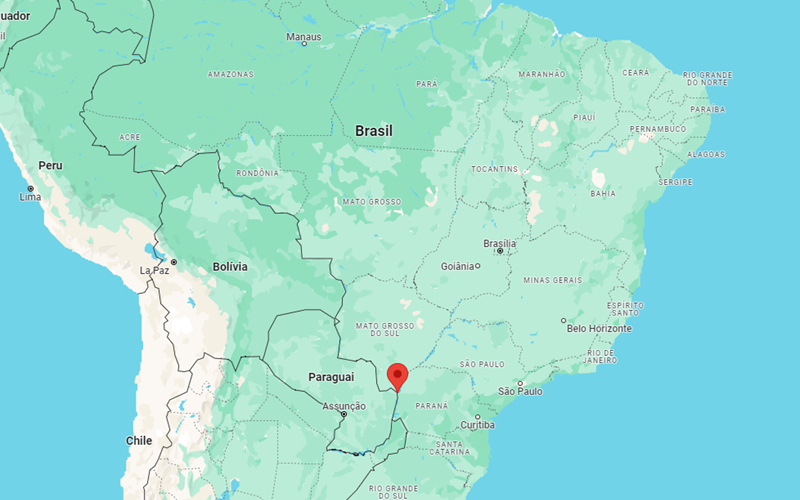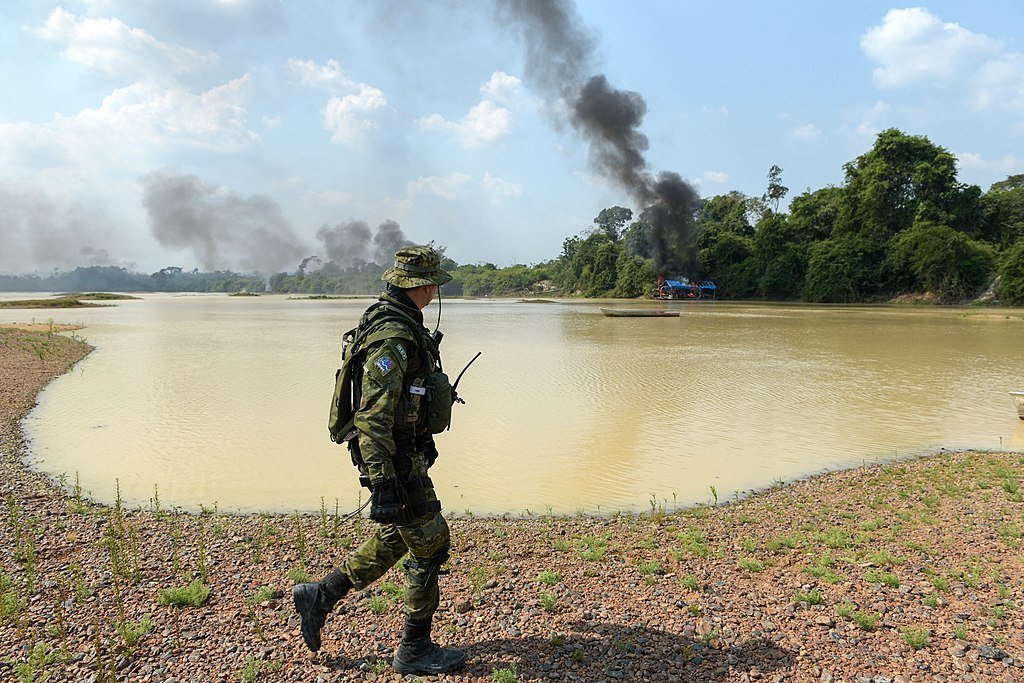Indigenous people of the Avá-Guarani people who live in the Guaíra region, in Paraná, reported attacks suffered on the eve of Christmas, with firearms, “tortured” dogs, and suspicion of armed militias. The aggressions were reported in letters sent to the National Foundation of Indigenous Peoples (Funai) and the Ministry of Indigenous Peoples.
This Content Is Only For Subscribers
To unlock this content, subscribe to INTERLIRA Reports.
Tekoha Guasu Guavirá Territory

The attacks took place on December 23 and 24, in the region of the Tekoha Guasu Guavirá territory, which has not yet been demarcated and has been claimed for years by the Guarani who live in western Paraná, close to the border with Paraguay.
The Attacks
On Christmas Eve, according to a letter released by the Yvyju Avary indigenous community, there was a shootout that lasted around four hours. The attackers burned shacks, food, documents, and motorcycles and attacked the dwellers. Dogs were tortured and killed. Money and cell phones were stolen.
In another community in the same region, according to reports, the place was surrounded by armed people. In this location, the first attack took place on the 23 December and was repeated on the 24th.
Lack of Personnel
In the meeting, on 26 December to discuss the matter, agents from the Federal Police (PF) stated that, due to the end-of-year shift schedule and other needs in the region, they do not have the manpower to guarantee the safety of indigenous people in the region. The indigenous people ask that the Ministry of Justice send the National Force to reinforce security.
Militia
The possible existence of a private militia, which would be responsible for the attacks in the region, is being investigated. According to investigators, it is still not clear who was responsible for the attacks or the functioning of the possible militia in the region. The possibility of involvement of farmers in the region is under investigation.
The region has a history of violence and disputes that not only include conflicts with farmers but also the search for compensation for the construction of the Itaipu powerplant.
Poor Conditions
Many problems in the indigenous communities have been reported, such as the lack of assistance by governmental entities; hunger and hopelessness that worsened during the pandemic mainly affected young people, causing a wave of suicides with 16 fatal victims and more than 25 recorded attempts. Furthermore, pesticides used on crops in the region contaminate the water used by villages.
The indigenous people complain mainly about the lack of land regularization, which forces them to live in camps, with no space to plant crops.
Analysis:
The Brazilian countryside has plenty of conflicts, a large part revolves around land issues. Often, the conflicts involve land grabbers, farmers, indigenous peoples, poor land workers (MST), and workers in illegal activities – mining, logging, hunting, and fishing. Experts claim that the past government’s policy facilitated illegal incursions into the indigenous lands. In addition to that, the rural areas also have many illegal firearms circulating. These factors increase the risk of extreme violence in the countryside due to land issues. Even though the current government is implementing a more restrictive firearms law and carrying out more and more operations to repress invasions and illegal activities, this cycle of violence is historical and will hardily be broken without land reforms; more security personnel and equipment for monitoring the large reserves; and the conclusion of debates regarding laws that are important for this topic, such as the Time Frame Constitutional Amendment (PEC do Marco Temporal). This PEC has been through a long journey, first, it was approved by Congress, then the President gave its veto, which was removed by Congress. However, now the Government wants the Supreme Court to declare the PEC illegal. In the end, this endless debate may bring insecurity to the countryside and a feeling of impunity for those who want to exploit indigenous lands, increasing the chances of conflicts.
Source: Folha UOL.




